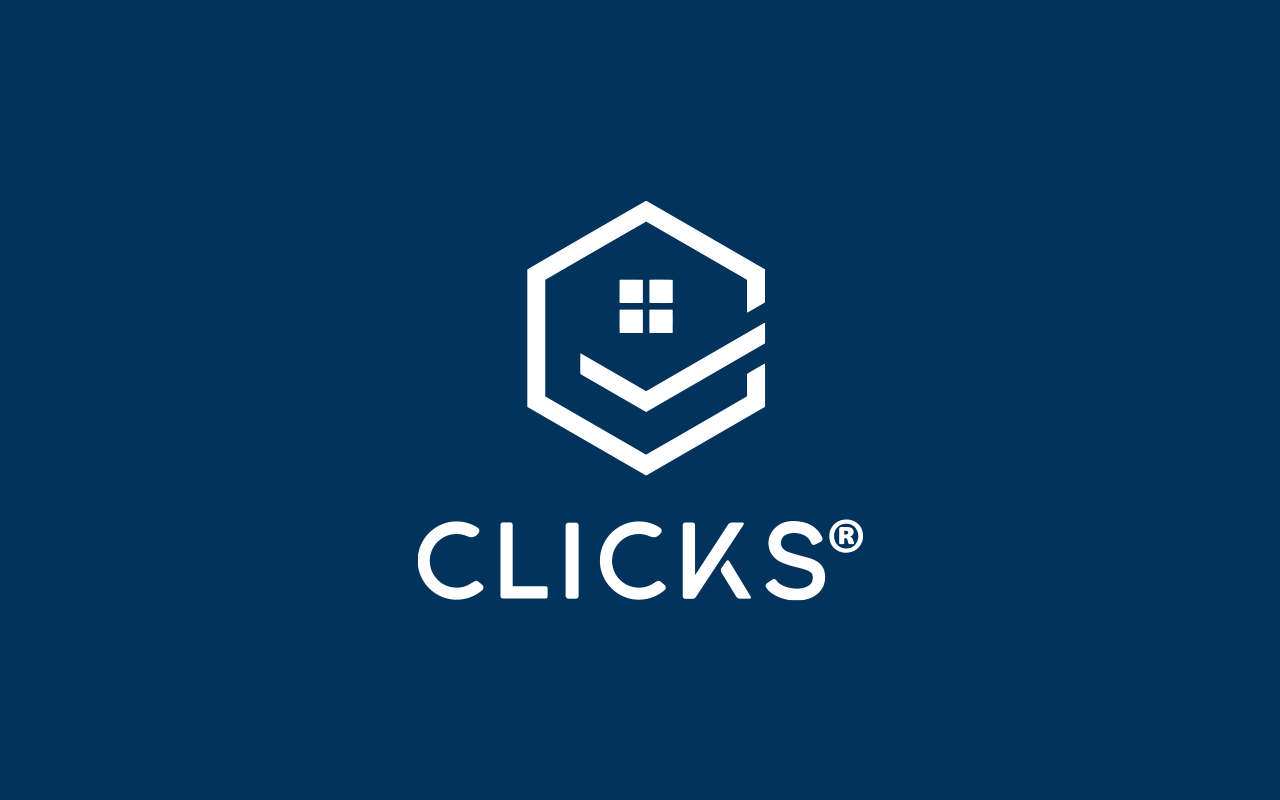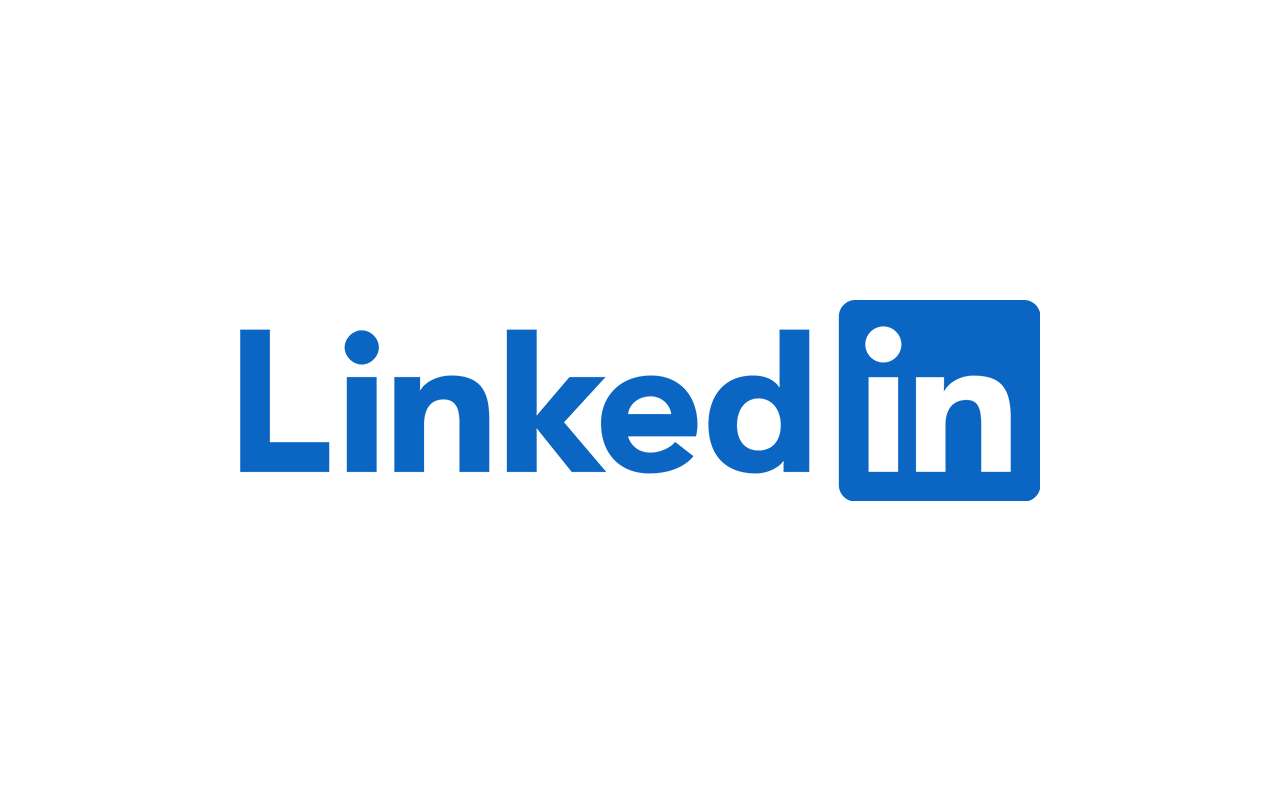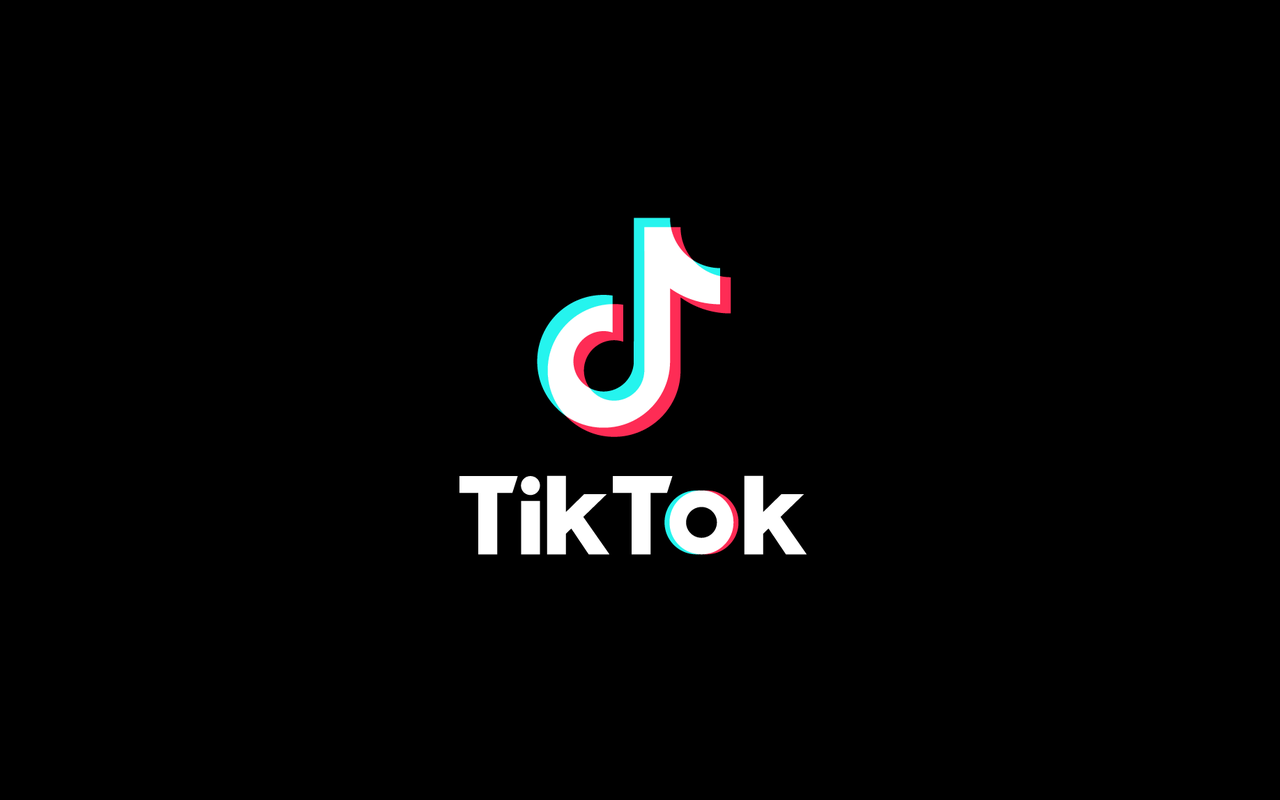Written by
Jun 13, 2024
Top 10 Real Estate Social Networks 2024: Ultimate Platforms for Industry Professionals
SHARE THIS POSTReal estate social network platforms are revolutionising the way industry professionals connect, share insights, and conduct business. These platforms offer a blend of networking, marketing, and educational tools tailored for real estate agents, investors, and enthusiasts. This article highlights the top real estate social networks for 2024, providing a comprehensive guide on how to leverage these platforms for maximum benefit.
How is Social Media Used in Real Estate?
Real estate social networks transform business practices by enhancing marketing strategies, client engagement, and brand visibility. Platforms like Facebook, Instagram, and LinkedIn enable professionals to conduct virtual tours, share market insights, and engage with potential clients through targeted content and advertising.
How Do I Get a Real Estate Network?
Establishing a robust real estate network involves leveraging existing connections, participating in industry-specific groups, and engaging with content on platforms like Clicks®, LinkedIn and Facebook. These networks are essential for generating leads, securing referrals, and staying informed about market trends.
Top 10 Most Popular Real Estate Social Networks in 2024
1. Clicks®: Connecting You to the Future of Real Estate

Clicks® Real Estate Social Network is a cutting-edge platform that redefines real estate networking with personalized visibility and targeted reach. Clicks Social Network offers tools for industry professionals to maximize their connections and business opportunities.
Real estate professionals of all levels, investors, property enthusiasts.
Free property listing which you can customise. Control how your listings and information are displayed to different audiences. With advanced targeting, reach precise audiences based on specific criteria like location, property interests, and demographics. A lead generation tool which allow you to connect personally with direct messaging features. Participate in discussions, build relationships, and collaborate with like-minded professionals in a connected community.
Strong focus on industry insights and knowledge sharing, highly targeted engagement for maximum ROI, and vibrant community for networking and collaboration.
2. Facebook

As the social hub for real estate networking, Facebook brings both professionals or not, together to build and fortify connections. Leverage its extensive user base to establish a robust online presence, create engaging content, share industry insights, and participate in relevant groups for wide-reaching impact.
A diverse user base spanning demographics and interests.
Facebook Live for virtual property tours, Groups for community engagement, and Business Pages for brand visibility.
Broad audience reach, diverse content formats, and targeted advertising options.
Saturation of content, algorithm changes affecting organic reach, and targeting options less precise compared to niche platforms.
3. Instagram

Instagram, owned by Meta, is a dynamic storytelling platform. Professionals use it as a canvas to showcase portfolios with stunning property visuals, design inspirations, and exclusive behind-the-scenes content to a visually-oriented audience.
Visual content enthusiasts, design junkie, lifestyle influencers, and a younger demographic.
Instagram Stories for in-the-moment updates, IGTV for longer-form videos, and Reels for creative, short videos.
Visual storytelling opportunities, engagement through likes and comments, Targeted hashtags connect with specific audiences, and integration with Facebook.
Limited character count for captions restricts detailed information, algorithm favours frequent posting, requiring time commitment, emphasis on visual content creation may overshadow property features.
4. YouTube

YouTube empowers professionals to create engaging content showcasing property tours, market updates, educational videos, and industry insights, capturing the attention of viewers seeking multimedia experiences.
Video content consumers, property seekers, and information enthusiasts.
Channel customization for brand identity, Playlists for organized content, and Analytics for performance insights.
Multimedia capabilities, wide audience reach, and a search engine for discoverability.
Competition for viewer attention, continuous content creation.
5. LinkedIn

The premier platform for professional networking, LinkedIn enables real estate professionals to showcase their expertise, achievements, and industry insights, attracting potential clients and collaborators.
Business professionals across various industries including, real estate agents, industry thought leaders.
Profile optimization for professional branding, LinkedIn Articles for thought leadership, and Groups for industry discussions.
Professional networking opportunities, B2B connections, and content sharing for industry authority.
Focused on professional content, less visual engagement compared to other platforms, and algorithmic visibility prioritises established profiles.
6. TikTok

Stepping into the realm of emerging trends, TikTok's short-form video format presents an opportunity for professionals to express creativity and share quick property highlights and industry insights, connecting with a younger demographic.
Younger demographics, trendsetters, and entertainment enthusiasts.
Short-form video creation, trending challenges for engagement, and a diverse music library.
Viral content potential, reach among younger audiences, and trend-driven engagement.
Short-form content limitations, younger demographic focus, and challenging to build a professional presence in a casual platform.
7. X (FKA Twitter)

Formerly known as Twitter, X provides a fast-paced platform for professionals to stay connected with trending industry news, engage in real-time discussions, and share quick updates. Its concise format makes it ideal for sharing market developments, property highlights, and insights.
News enthusiasts, journalists, professionals from various industries seeking real time updates with quick content-consumption.
Microblogging for concise updates, Trends for industry-specific discussions, and Lists for curated content.
Real-time updates, concise communication, and industry-specific engagement.
Short format limits detailed information sharing, fast-paced nature can make it challenging to follow extensive conversations, and less visual focus.
8. Pinterest

Less common in real estate, Pinterest allows professionals to curate visually appealing boards, showcasing property inspiration, interior design trends, or creating virtual portfolios, resonating with a design-savvy audience.
Design enthusiasts, DIYers, and individuals seeking visual inspiration.
Boards for organized content, Rich Pins for detailed property information, and visual search functionality.
Visual discovery opportunities, niche audience engagement, and potential to drive traffic to other platforms and listings.
Lower user base compared to other platforms, focus on design content to build a significant following and engagement takes time and consistent effort.
9. Snapchat

Snapchat's nature lends itself to the art of storytelling, similar to Instagram stories. It's another alternative for real estate professionals to consider sharing exclusive property previews and behind-the-scenes glimpses, and Q&A sessions, creating a sense of urgency and exclusivity.
Younger generation, social media enthusiasts, those seeking real-time and authentic content.
Stories for time-sensitive content, Lenses for creative engagement, and Discover for curated content.
Immediate engagement, visual storytelling, and augmented reality features.
Short-lived content, younger audience focus, and requires consistent effort to maintain a fresh story flow.
10. Threads

Fast garnering popularity, Threads, a recently launched app, is making waves as a competitor of X. In the intricate landscape of threaded conversations, Threads offers real estate professionals a focused space for in-depth discussions, knowledge-sharing, and collaborative problem-solving.
Professionals seeking detailed discussions, threaded conversations, and curated content.
Threaded conversations for in-depth discussions, Mentions for targeted engagement, and Topics for content categorization.
Focused discussions, curated content spaces, and potential for niche communities.
Newer platform with evolving features, smaller user base, and threaded format may not be suitable for quick updates or sharing property highlights.
As you navigate through these diverse real estate social networks, one platform consistently stands out—Clicks® Real Estate Social Network. Seamlessly integrating precision, control, and a personalized experience, Clicks® emerges as the best real estate social network in 2024. Elevate your networking game, gain market insights, and connect with like-minded professionals.
Join Clicks® Real Estate Social Network today and embark on a journey that reshapes the way you experience the real estate industry